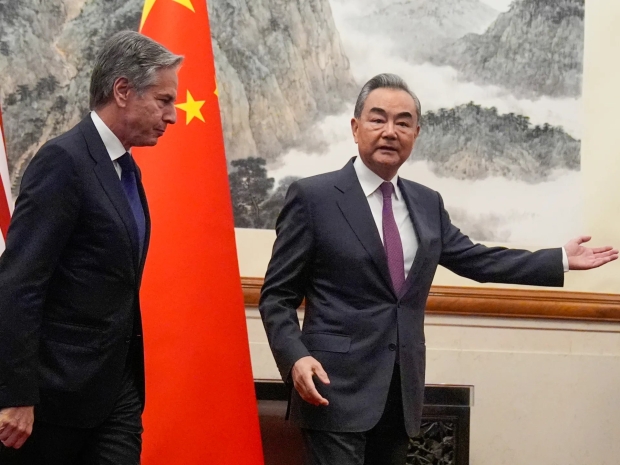His comments followed Huawei's had released new laptops powered by Intel's Meteor Lake. Blinken, the US Secretary of State said the restrictions target only the most sensitive technologies that could threaten US security, not general trade or China's development.
Huawei, which faced severe sanctions from the US in 2020, has made a significant recovery, with an 11 per cent increase in sales in China in 2023. Blinken views this as evidence that the sanctions are military-focused, while Chinese citizens interpret it as a sign of the sanctions' ineffectiveness against China's consumer market.
US legislators, led by Congressman Michael McCaul, are pushing to curtail China's chip production capabilities. McCaul has advocated for banning China from the RISC-V open-source chip instruction protocol and ending Huawei's licence to purchase Intel chips for its laptops, citing concerns over the Chinese Communist Party circumventing US intellectual property laws.
China, represented by Tan Jian, its ambassador to the Netherlands, has criticised the US approach as overbearing and unrelated to actual security threats.
The ongoing 'Chip War' involves Taiwan due to its connection with TSMC, the world's largest microprocessor manufacturer. The US has invested €10.8 billion (approximately $11.6 billion) in TSMC to establish manufacturing facilities in the US.
The outcome of Blinken's remarks and the ongoing trade tensions between the US and China, particularly regarding Intel's expiring licence to sell to Huawei, remains uncertain. The dispute highlights the broader geopolitical struggle over technological supremacy and market access.

